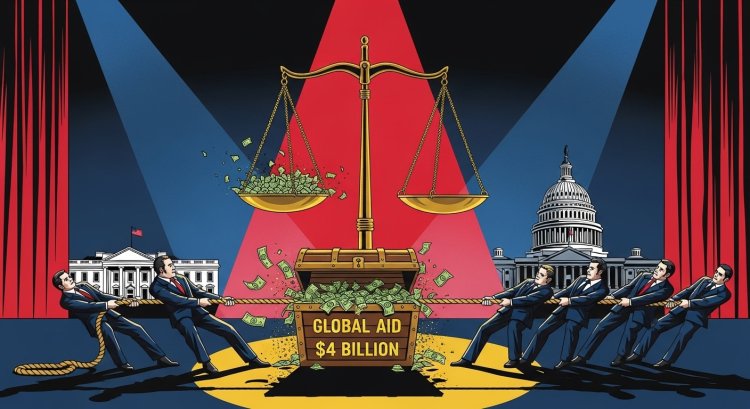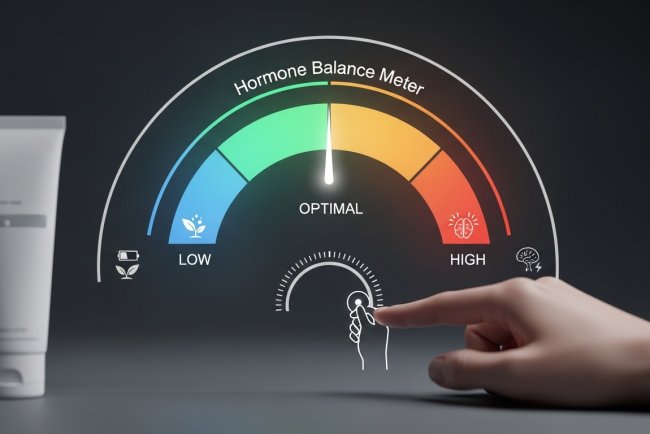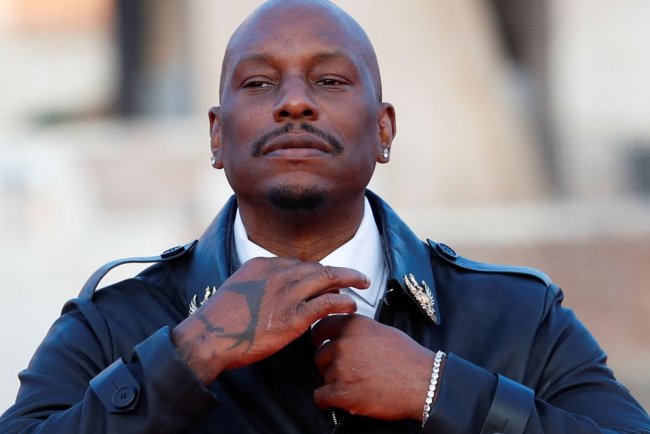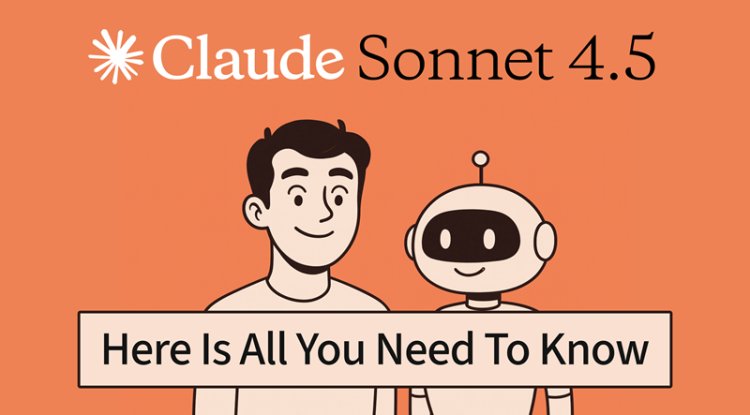US Supreme Court Allows Trump to Withhold $4 Billion in Foreign Aid
The US Supreme Court allows Trump to withhold $4B in foreign aid, raising questions about presidential power, Congress, and global health funding

On September 26, 2025, the US Supreme Court allowed the Trump administration to stop nearly $4 billion in foreign aid, even though Congress had approved it. The 6–3 ruling is an important moment in the debate over how much spending power the president should have compared to Congress.
Background: Why the Aid Was Frozen
The issue started when President Donald Trump used a move called a "pocket rescission." This lets the president block funds at the end of the budget year if Congress doesn’t respond quickly.
In August 2025, Trump notified Congress that he would not spend $4.9 billion in foreign aid, which was originally intended for global health, HIV programs, and international development projects. His administration argued that withholding the funds was necessary to align with US foreign policy priorities.
Legal Battle in Lower Courts
- Federal district court ruling: Judge Amir Ali initially ordered the Trump administration to release the funds, warning of a "grave and urgent threat to the separation of powers."
- Appeals court decision: The US Court of Appeals for the D.C. Circuit overturned this ruling, sending the case back to the lower court.
- Supreme Court intervention: The Supreme Court's conservative majority stepped in with an unsigned order, siding with the administration and allowing the freeze to continue indefinitely.
Supreme Court Decision: A Divided Ruling
The 6–3 ruling was not a final judgment but rather an emergency decision. The majority stated that the administration's foreign policy concerns outweighed the potential harm to aid recipients.
Dissenting voices:
The court's liberal justices—Elena Kagan, Sonia Sotomayor, and Ketanji Brown Jackson—strongly disagreed. Justice Kagan wrote that the decision would "prevent the funds from reaching their intended recipients" and stressed that a president's foreign policy preferences should not override laws passed by Congress.
Key Consequences and Implications
1. Cancellation of Aid Programs
Since the fiscal year ends on September 30, the Supreme Court's decision effectively ensures the $4 billion will not be spent, as the funds will expire.
2. Expansion of Presidential Power
The case is likely to be remembered as a milestone in expanding presidential authority over federal spending. Future presidents may feel empowered to use similar tactics to bypass Congress.
3. Impact on Global Aid Organizations
International organizations have already raised alarms:
- Global health programs could lose vital funding.
- HIV prevention projects may face severe setbacks.
- Groups like Democracy International warn they may face bankruptcy without this aid.
Final Thoughts
The Supreme Court’s decision on Trump’s $4 billion aid freeze raises a key question: who controls government money—the president or Congress? For now, the ruling is temporary, but it already affects aid programs and people who depend on them. As the case continues in lower courts, the final result could change how much power each side has in the future.
???? What are your thoughts on the Supreme Court's ruling? Do you think presidents should have the power to withhold funds approved by Congress? Share your opinion in the comments below.
What's Your Reaction?

















